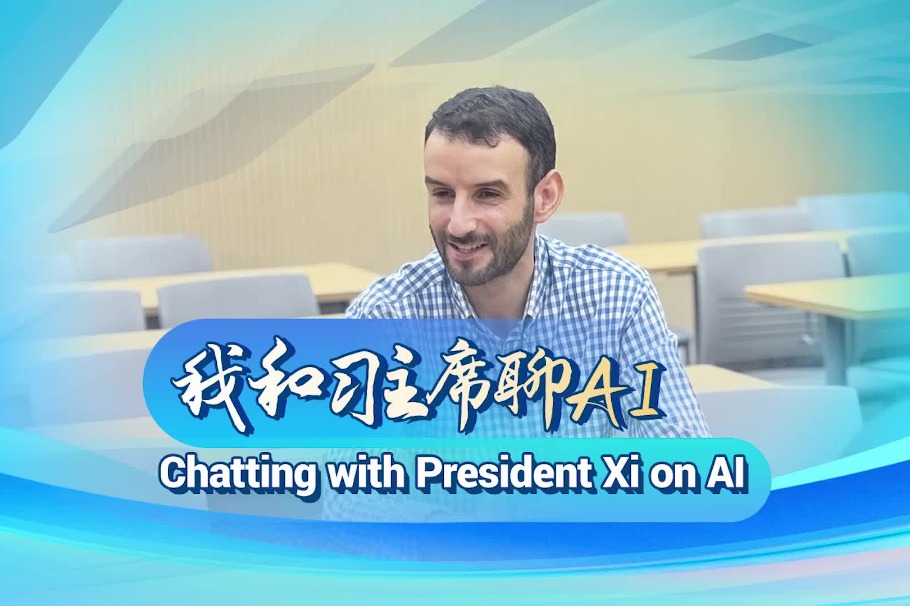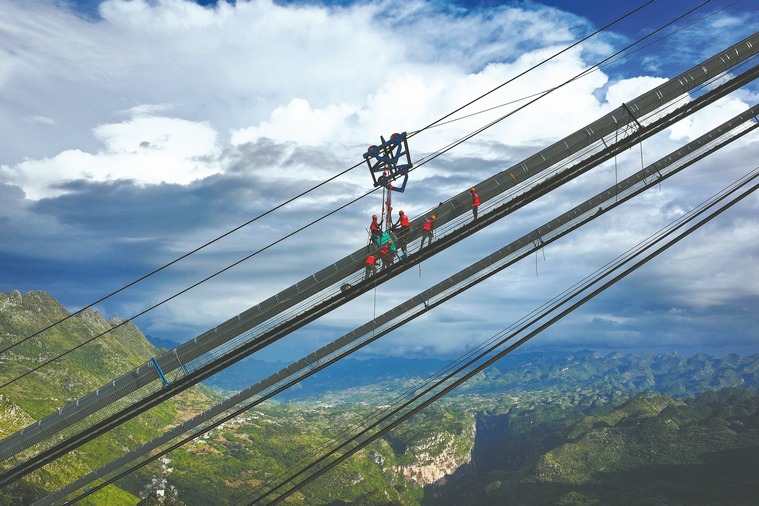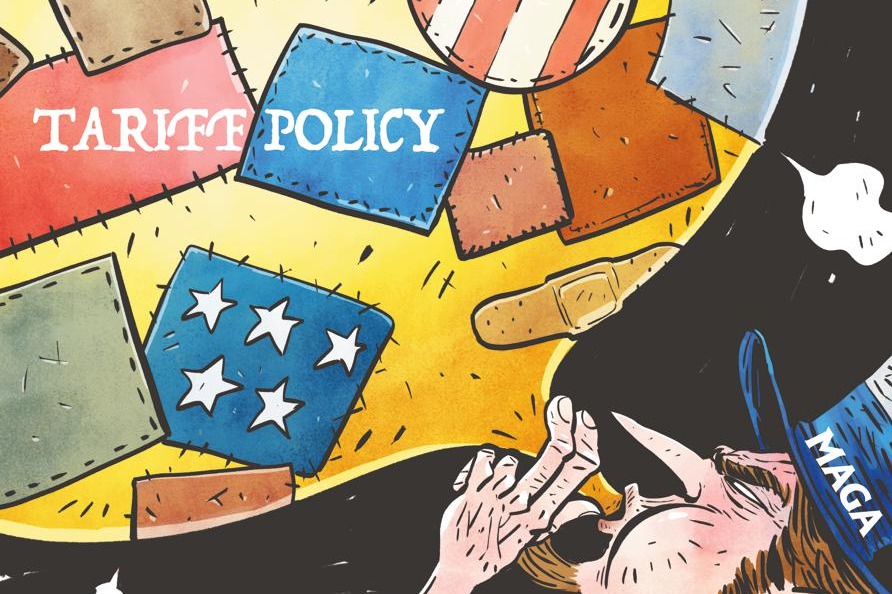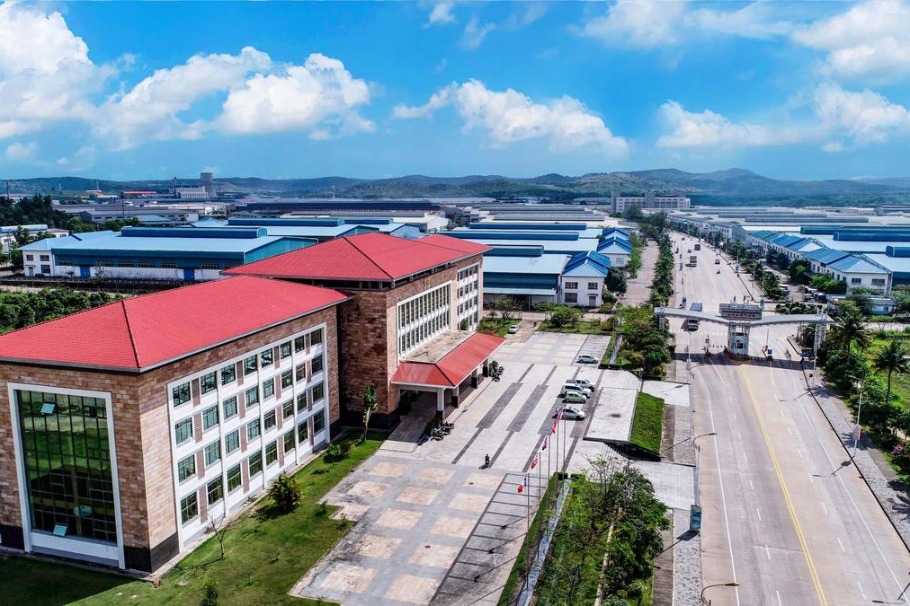Latest spy series installment offers nothing new: China Daily editorial

Washington does enjoy a spy story. It seems that a frisson of excitement spreads through the political circle in the US capital at the thought of peepers prying into their guarded intimacies. So what better way to step into the New Year and greet a new administration than with the recounting of another tall tale of being voyeuristically viewed.
This time the storyteller is Assistant Treasury Secretary Aditi Hardikar, who, in a letter to the leaders of the Senate Banking Committee, outlined the hackneyed trope of Chinese hackers remotely accessing United States Treasury Department workstations and unclassified documents via a "China state-sponsored Advanced Persistent Threat actor".
Likewise in US media accounts, as in a string of similar scaremongering thrillers in recent years, this was another intrusion attributed to "hackers linked to the Chinese government/state", or simply "one of China's intelligence agencies". All said with certainty, without any elaboration, let alone any evidence, to support the claim.
The response from Beijing, which is by now well-versed in the United States' sensationalized narratives in which it plays the villain, revealed how tiresome it finds such "groundless accusations that lack evidence".
Beijing "has always opposed all forms of hacker attacks", said Chinese Foreign Ministry spokeswoman Mao Ning. "We are even more opposed to the spread of false information against China for political purposes."
Her counterpart at the Chinese embassy in the US denounced the letter as an effort to "smear" China's reputation, and urged Washington to stop slandering China.
As in similar previous exchanges, Beijing's diplomatic envoys pointed to the fact that China is a constant target of hacking, with the US a regular perpetrator of such snooping.
It all seems very familiar. And so, as we enter a new calendar year and brace for a new chapter in bilateral ties with a new US administration in weeks, since there is nothing new, or unusual in an episode like this in today's China-US relationship, perhaps the opportunity should be taken to rethink this pattern of exchanges.
Except for adding additional chill to the already frosty bilateral ties, what can such a blame game do? Assigning China a malicious role may serve some parties' need for an insidious national security threat. But after all the hoopla surrounding the alleged cybersecurity threats from China, has the US actually publicly verified any of them? Is it less secure? If so, why, given the money it pumps into national security?
The Treasury accusation is concerning because it is the latest freshly-baked anti-Beijing narrative that has been cooked up and delivered straight out of the oven by the previous and current US administrations.
In March, Washington charged seven Chinese nationals with a hacking operation that had allegedly lasted at least 14 years. The White House recently claimed at least nine US telecommunications companies, including AT&T and Verizon, were hacked. The FBI and Cybersecurity and Infrastructure Security Agency even accused "actors affiliated with the People's Republic of China" of targeting US general elections. The hackers allegedly targeted the phones of president-elect Donald Trump, vice-president-elect JD Vance, and people working for Vice-President Kamala Harris' campaign. The hysteria has gone to such an extent that US authorities have told China Telecom Americas it is a national security threat.
There are malicious cyber actors at work. And with artificial intelligence making picking virtual locks easier, the constructive engagement of Beijing and Washington on cybersecurity would undoubtedly be of great practical value.
The US Treasury, and other US government agencies, have numerous working groups established for close communication with their Chinese counterparts on matters of common concern. Washington should use these channels to discuss ways to address cybersecurity threats rather than spending its time concocting another far-fetched plot in which Beijing plays the baddie.


































